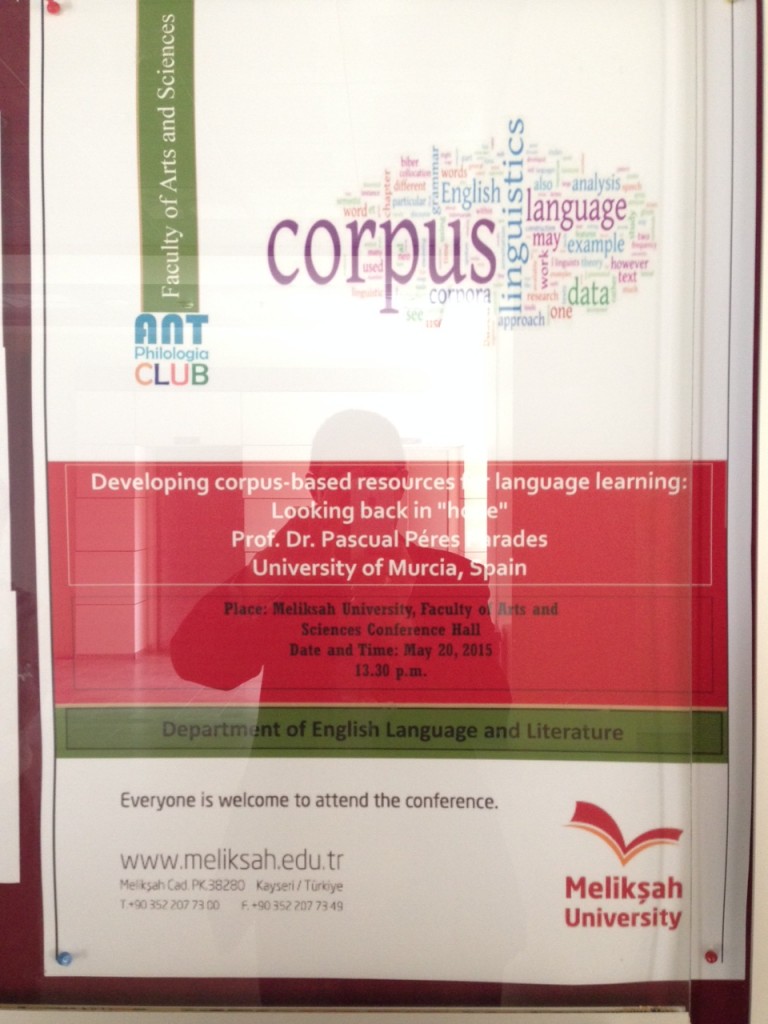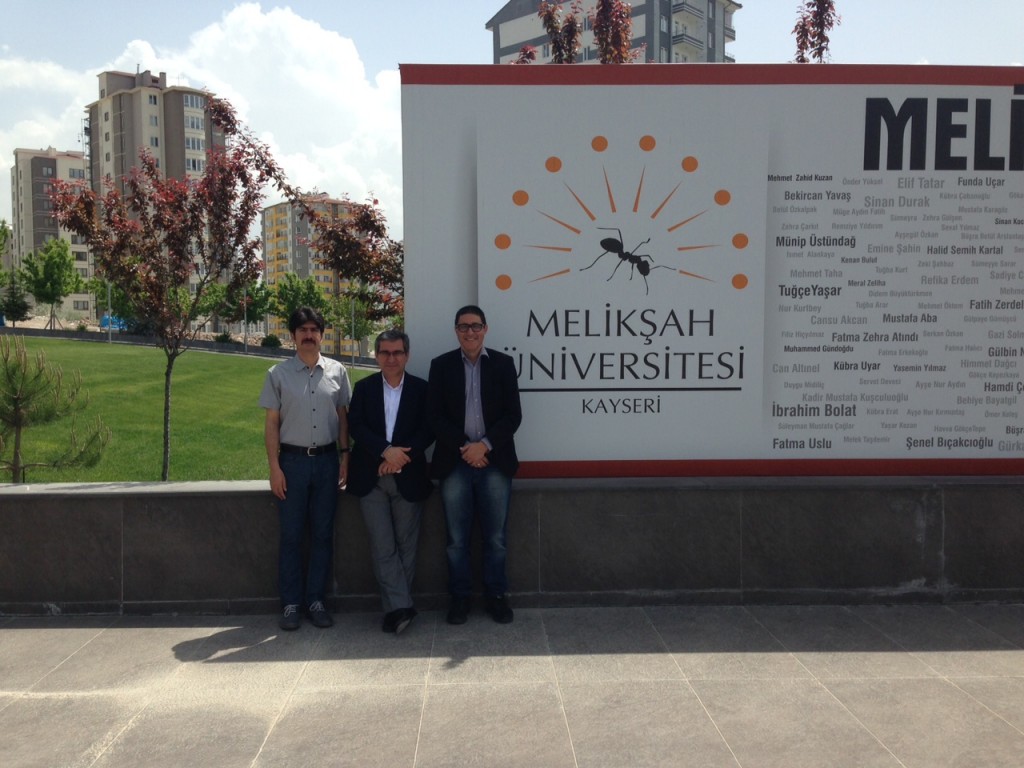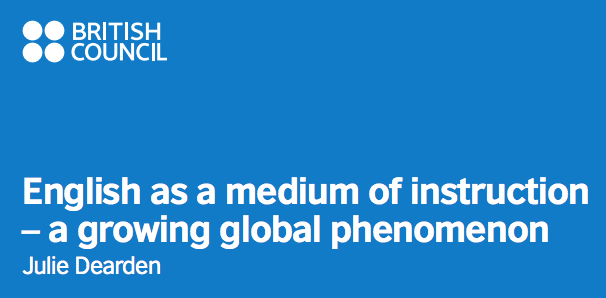Through the corpora list
:::::::::::::::::::::::::::::::::::
“Culture & Technology” – European Summer University in Digital Humanities (ESU DH C & T) 28th of July – 07th of August 2015, University of Leipzig http://www.culingtec.uni-leipzig.de/ESU_C_T/
As the application phase closes soon (31st of May 2015) we would like to draw your attention (again) to the various types of support which are available for participants of the European Summer School (see: http://www.culingtec.uni-leipzig.de/ESU_C_T/node/480):
The German Accademic Exchange Service (DAAD) offers very generous support to up to 17 alumni / alumnae of German universities. Also former Erasmus-students or student / researchers of Universities of Applied Science, Art or Music Schools qualify as alumni / alumnae as long as they have spent altogether 3 months of their life at academic institutions in Germany.
The University of Leipzig through its International Centre makes available up to 10 bursaries for members of its Eastern European partner universities.
CLARIN-DE makes available up to 13 fellowships which cover tuition fees. If funding allows an allowance of up to € 200 will be granted to cover costs of living.
The Electronic Textual Cultures Lab at the University of Victoria (etcl), in conjunction with the Digital Humanities Summer Institute offers up to 5 tuition fellowships for international graduate students and postdoctoral fellows.
As ESU DH C & T is a member of the International Digital Humanities Training Network courses taken at the Summer University are eligible for transfer credit towards the University of Victoria Graduate Certificate in DH (http://english.uvic.ca/graduate/digital_humanities.html).
The Summer University takes place across 11 whole days. The intensive programme consists of workshops, public lectures, regular project presentations, a poster session and a panel discussion. The workshop programme is composed of the following thematic strands:
XML-TEI encoding, structuring and rendering
Methods and Tools for the Corpus Annotation of Historical and Contemporary Written Texts
Comparing Corpora
Spoken Language and Multimodal Corpora
Python
Basic Statistics and Visualization with R
Stylometry
Open Greek and Latin
Digital Editions and Editorial Theory: Historical Texts and Documents
Spatial Analysis in the Humanities
Building Thematic Research Collections with Drupal
Introduction to Project Management
Each workshop consists of a total of 16 sessions or 32 week-hours. The number of participants in each workshop is limited to 10. Workshops are structured in such a way that participants can either take the two blocks of one workshop or two blocks from different workshops.
The description of all workshops can be found at http://www.culingtec.uni-leipzig.de/ESU_C_T/node/481 in at least two languages. Short bios in at least two languages are available of most workshop leaders at http://www.culingtec.uni-leipzig.de/ESU_C_T/node/488.
Applications are considered on a rolling basis. The selection of participants is made by the Scientific Committee together with the experts who lead the workshops.
Participation fees are the same as last year.
The Summer University is directed at 60 participants from all over Europe and beyond. It wants to bring together (doctoral) students, young scholars and academics from the Arts and Humanities, Library Sciences, Social Sciences, Engineering and Computer Sciences as equal partners to an interdisciplinary exchange of knowledge and experience in a multilingual and multicultural context and thus create the conditions for future project-based cooperations and network-building across the borders of disciplines, countries and cultures.
The Summer University seeks to offer a space for the discussion and acquisition of new knowledge, skills and competences in those computer technologies which play a central role in Humanities Computing and which determine every day more and more the work done in the Humanities and Cultural Sciences, as well as in publishing, libraries, and archives, to name only some of the most important areas. The Summer University aims at integrating these activities into the broader context of the Digital Humanities, which pose questions about the consequences and implications of the application of computational methods and tools to cultural artefacts of all kinds.
In all this the Summer University aims at confronting the so-called Gender Divide , i.e. the under-representation of women in the domain of Information and Communication Technologies (ICT) in Germany and Europe. But, instead of strengthening the hard sciences as such by following the way taken by so many measures which focus on the so-called STEM disciplines and try to convince women of the attractiveness and importance of Computer Science or Engineering, the Summer University relies on the challenges that the Humanities with their complex data and their wealth of women represent for Computer Science and Engineering and the further development of the latter, on the overcoming of the boarders between the so-called hard and soft sciences and on the integration of Humanities, Computer Science and Engineering.
As the Summer University is dedicated not only to the acquisition of knowledge and skills, but wants also to foster community building and networking across disciplines, languages and cultures, countries and continents, the programme of the Summer School features also communal coffee breaks, communal lunches in the refectory of the university, and a rich cultural programme (thematic guided tours, visits of archives, museums and exhibitions, and communal dinners in different parts of Leipzig).
For all relevant information please consult the Web-Portal of the European Summer School in Digital Humanities “Culture & Technology”: http://www.culingtec.uni-leipzig.de/ESU_C_T/ which will be continually updated and integrated with more information as soon as it becomes available.
With best regards, Elisabeth Burr
—
Prof. Dr. Elisabeth Burr
Französische / frankophone und italienische Sprachwissenschaft
Institut für Romanistik
Universität Leipzig
Beethovenstr. 15
D-04107 Leipzig
http://www.uni-leipzig.de/~burr




